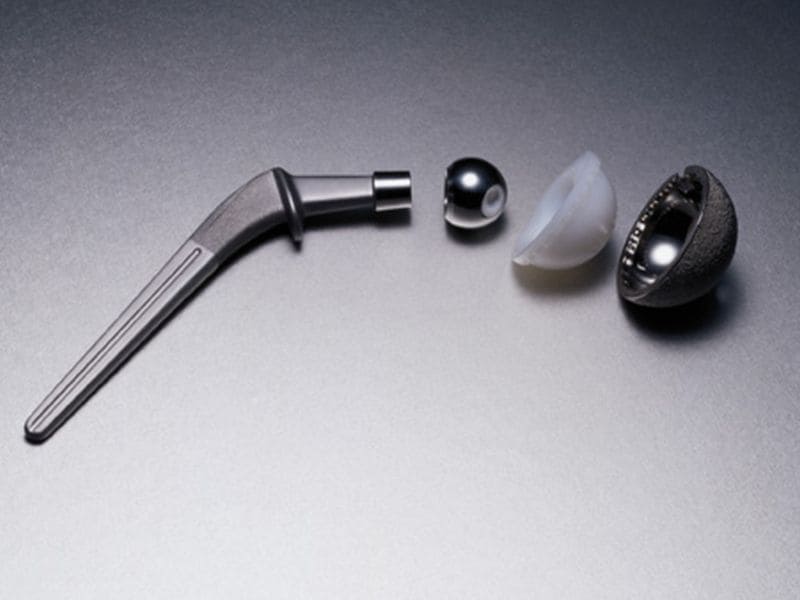Implant selection easier to change than technical skills or system factors, authors say
MONDAY, Sept. 21, 2020 (HealthDay News) — Between-hospital variation in survival rates of total hip replacement (THR) may be due to implant choice, according to a U.K. study published online Aug. 31 in PLOS Medicine.
Jonathan Thomas Evans, from Bristol Medical School in the United Kingdom, and colleagues used data from the National Joint Registry for England and Wales to identify 664,761 patients (61.1 percent female; mean age, 69.9 years) who received a stemmed primary THR between April 1, 2003, and December 31, 2017, with osteoarthritis as the only indication. THR survival and revision surgery were compared.
The researchers found that crude analyses showed better implant survival at the exemplar unit with an all-cause construct failure of 1.7 percent compared with 2.9 percent in the rest of the country after 13.9 years. Similar findings were seen in analyses adjusting for age, sex, and American Society of Anesthesiology scores (difference in restricted mean survival time, 0.12 years). However, when restricting adjusted analyses to the same implants as the exemplar unit, there were no demonstrable differences in restricted mean survival time between groups after 13.9 years.
“Our study shows that long-term survival of a hip replacement is primarily down to a surgeon’s implant decisions rather than the particular way they perform the operation,” a coauthor said in a statement.
Several authors disclosed financial ties to the medical technology industry.
Copyright © 2020 HealthDay. All rights reserved.

